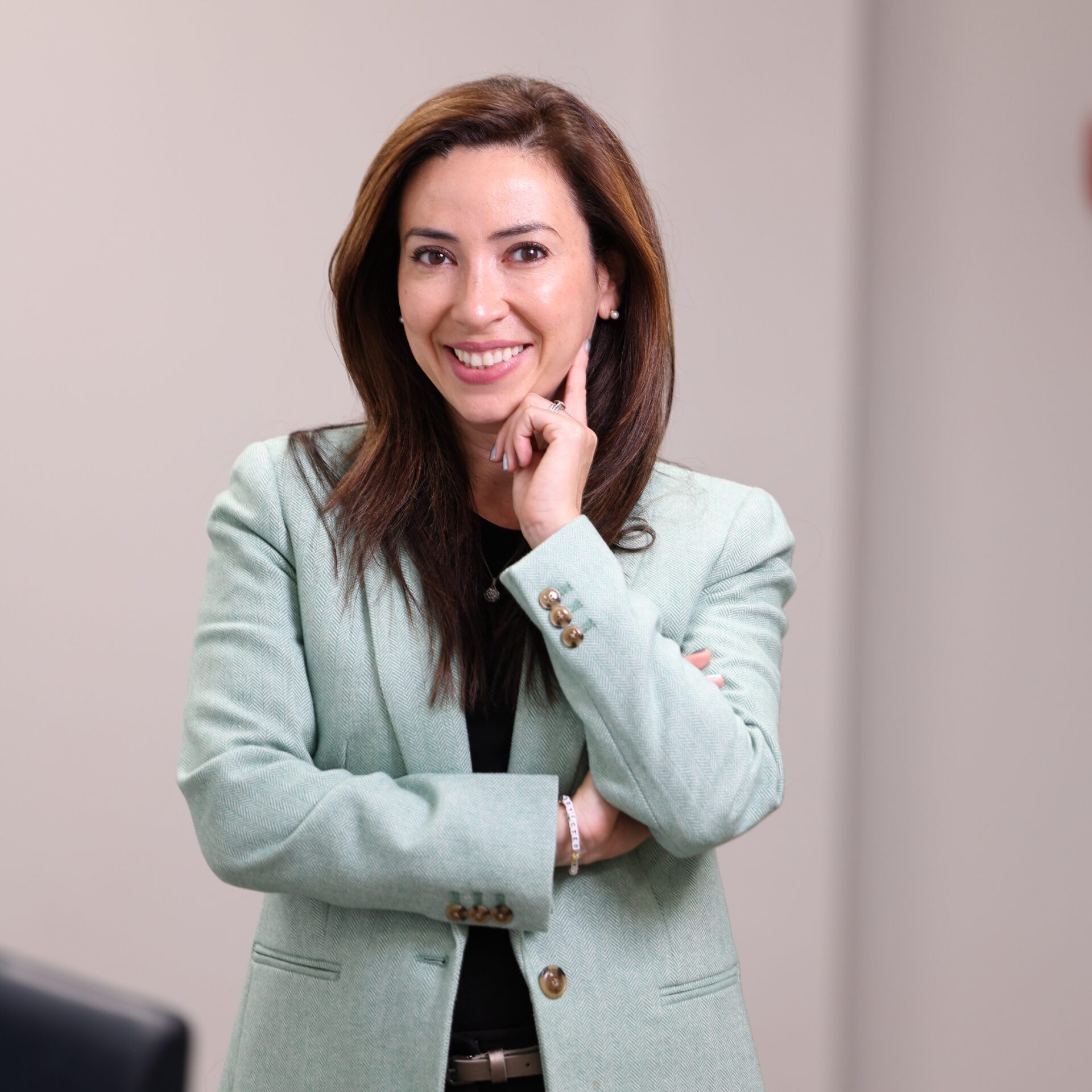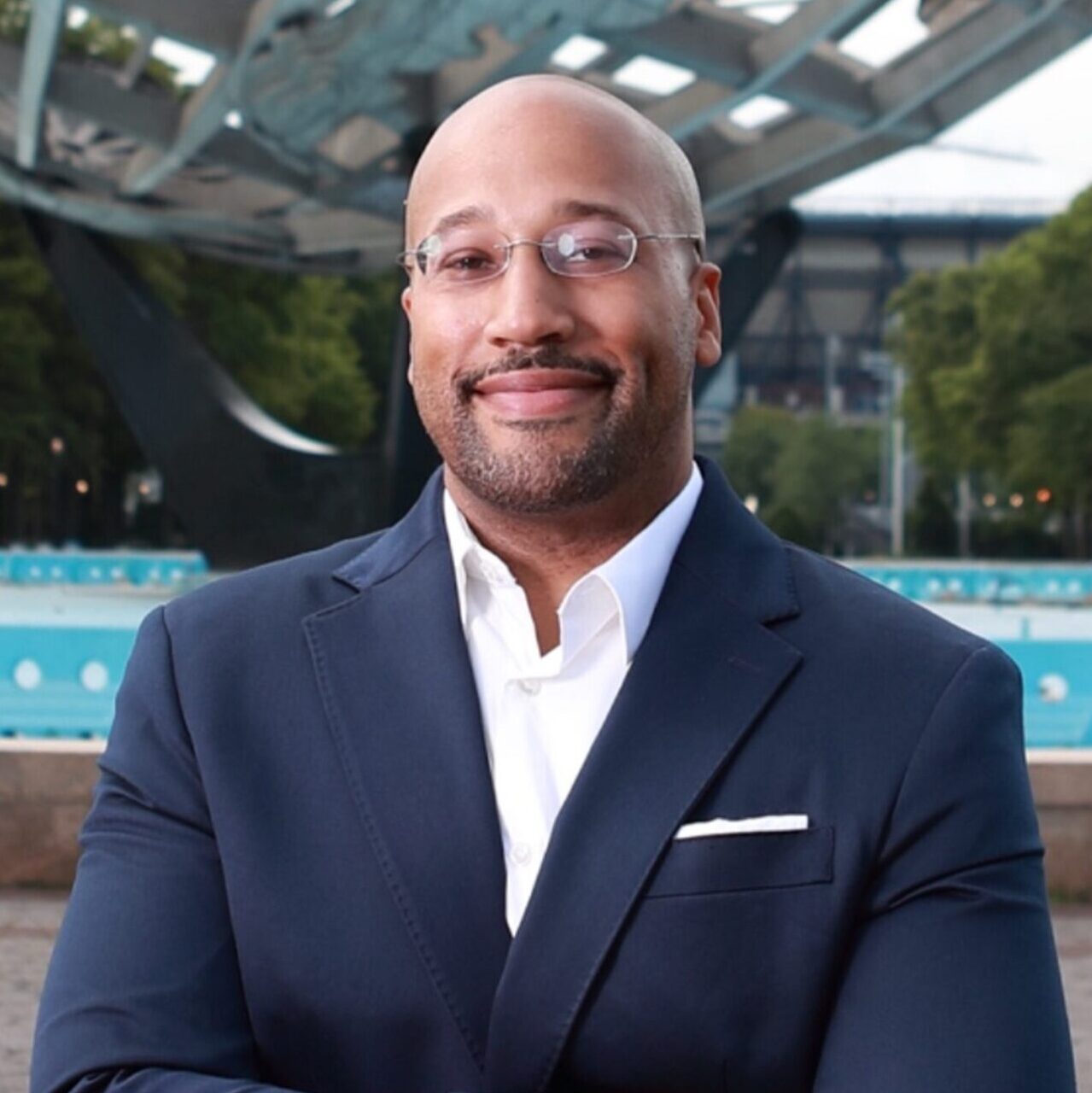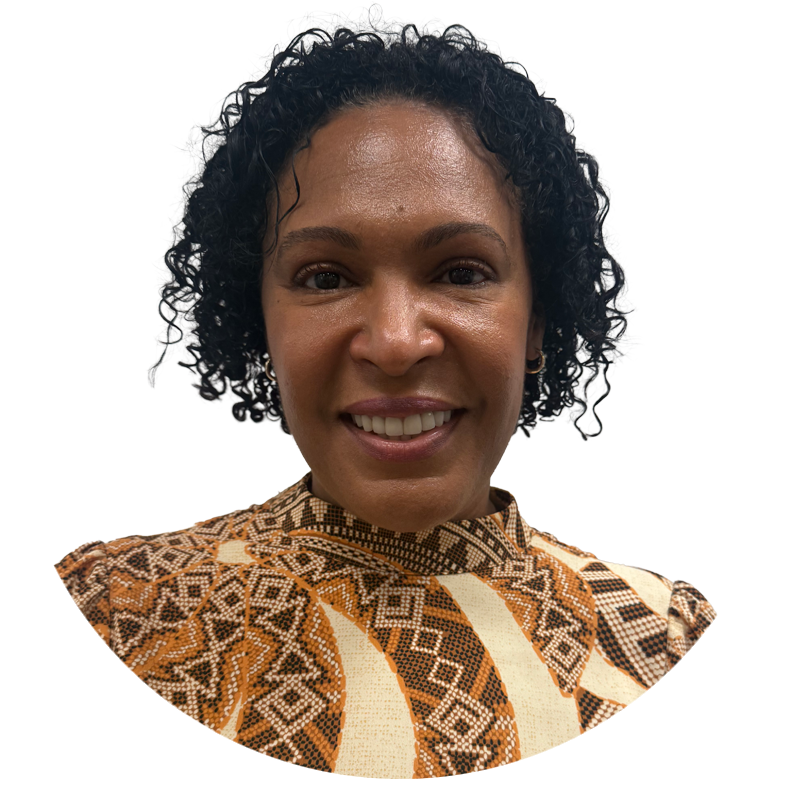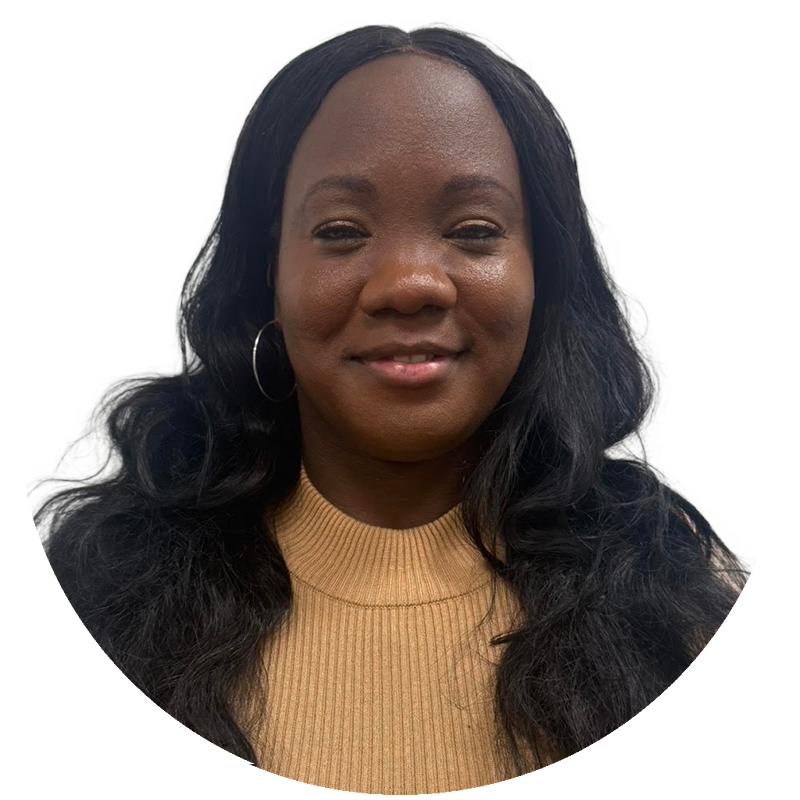Culture
Humans are experiencing a special evolutionary transition in which the importance of culture- such as learned knowledge, practice and skills, are surpassing the value of genes as a primary driver of human evolution. Culture helps humans adapt to their environment and overcome challenges better and faster than genetics.
This research explains why humans are such a unique species. We evolve both genetically and culturally over time but we are slowly becoming ever more cultural and ever less genetic. Culture has influenced how humans survive and evolve from millennia according to Waring and Wood. The combination of both culture and genes has fueled by several key adaptations in humans such as reduced aggression, cooperative inclinations, collaborative abilities, and the capacity for social learning. Increasingly the researchers suggest human adaptations are steered by culture and require genes to accommodate survival. Waring and Wood would say culture is also special in one important way where it is strongly group oriented with factors like conformity, social identity, shared norms and institutions where such factors have no genetic equivalent. These factors make cultural evolution highly group oriented according to researchers therefore competition between culturally organized groups propels adaptations such as new cooperative norms and social systems that helps groups survive better together.
More Information
According to researchers, culturally organized groups appear to solve adaptive problems more readily than individuals through the compounding value of social learning and cultural transmission. Moreover, in groups. Cultural adaptations may also occur faster in larger groups than in small ones. with groups primarily driving culture and culture now fueling human evolution more than genetics warring and would found that evolution itself has become more group oriented in the very long term we suggest that humans are evolving from individual genetic organisms to cultural groups which function as super organisms similar to ant colonies and beehives worn says the society as organ is a metaphor is not so metaphorical after all this in so I can help society better understand how individuals can fit into a well organized and mutually beneficial system.
Founders

Dr. Hersha Diaz
Dr. Hersha Diaz is a bilingual (Spanish/English) licensed clinical psychologist in private practice dedicated to reimagining mental wellness for individuals, families and communities. She is known for her culturally responsive, relational, and evidence-based approach to healing. A native New Yorker, Latina, wife, and mother, Dr. Hersha brings lived experience, clinical expertise, and deep cultural insight to her work helping individuals, couples, and families strengthen confidence, relationships, and overall quality of life. Her approach is rooted in the belief that healing is both personal and collective. As a specialist in family and couples therapy, coaching, and psychological assessment, Dr. Hersha helps clients strengthen relationships, build emotional resilience, and align their lives with purpose and values. She holds a Postdoctoral Certificate in Forensic Psychology from St. John’s University, with advanced expertise in civil and criminal matters, allowing her to bridge the worlds of mental health, systems, and justice with integrity and compassion.
More Information
Dr. Hersha co-founded IPWC with colleague Dr. Harrald Magny to create a collaborative model of care that expands access to culturally responsive, interdisciplinary mental health services. IPWC reflects her broader vision: healing that is preventative, community-based, and designed to interrupt generational cycles of trauma while cultivating opportunity and hope.
Her voice and leadership extend beyond the therapy room. Dr. Hersha has appeared on NBC, Univision, Telemundo, SiriusXM, and Channel 13, offering insight on relationships, parenting, child development, and the psychological impact of modern life. She is committed to using education and media to normalize mental health care and empower families with knowledge.
Dr. Hersha earned her Doctorate in Clinical Psychology from Long Island University (C.W. Post) and completed advanced training at NYU Bellevue Hospital’s Bilingual Treatment Program and Weill Cornell–Lincoln Medical and Mental Health Center. Her clinical foundation includes work in psychiatric emergency services, inpatient and outpatient care at Jacobi Medical Center, where she also trained and supervised emerging clinicians.As a Gottman-trained therapist, Dr. Hersha supports couples and families in building strong, conscious, and lasting relationships. Her work is guided by a long-term vision: to cultivate emotionally healthy families, resilient youth, and communities where healing is accessible, culturally grounded, and transformative for generations to come.

Dr. Harrald Magny
Dr. Harrald Magny is a licensed clinical psychologist with more than fifteen years of experience providing comprehensive, culturally responsive mental health care. Based in New York City, he supports individuals navigating a wide range of challenges, including depression, anxiety, trauma, relationship concerns, work-related stress, personality disorders, major life transitions, discrimination, and persistent or severe mental illness. In addition to his private practice, Dr. Magny serves as a consultant where he conducts psychological assessments for veterans and service members. Moreover he also provides clinical supervision to clinicians providing services in various programs.
More Information
As the co-founder of Innovative Psychology & Wellness for the Culture (IPWC), Dr. Magny has played a central role in shaping a practice grounded in cultural responsiveness, integrative therapeutic approaches, and patient-centered care. His work reflects a deep commitment to meeting the various needs of individuals, families, schools, and organizations.
Beyond his clinical work, Dr. Magny is frequently invited to provide psychoeducation, professional development workshops, and expert consultation for schools, community organizations, private institutions and other professionals. His perspective on mental health has been sought after by print and online media outlets, as well as documentary filmmakers, who rely on his expertise to illuminate complex emotional and cultural issues.
Dr. Magny is widely recognized as a leader in culturally responsive mental health practice. Colleagues and community partners value his insight, his depth of knowledge, and his ability to translate psychological principles into meaningful, accessible guidance. Despite his extensive experience and numerous accomplishments, he remains deeply committed to the individuals and communities he serves, approaching his work with both expertise and humility.
Clinicians

Kayla Wong, Ph.D.
Dr. Kayla Wong (she, her, hers) is a school and counseling psychologist. She completed her Ph.D. in School Psychology at Fordham University. She has extensive training and experience servicing K-12 and college student populations from diverse backgrounds, providing academic and therapeutic assessments, interventions, and counseling. She recently completed a post-doctoral fellowship at Barnard College’s Furman Counseling Center where she provided individual and group counseling, risk-based assessment, crisis support, and psychoeducational and wellness trainings. Additionally, she completed her M.S. Ed in Therapeutic Interventions at Fordham University and her B.A. in Psychology from The Pennsylvania State University.
More Information
Dr. Wong is passionate about mental wellness and healing. Her psychotherapy lens incorporates a psychodynamic and social justice framework. Utilizing integrative interventions like CBT, DBT, mindfulness, and psychodynamic therapy, she creates an affirming and authentic therapeutic space for clients. Adapting her clinical approach to meet the needs, strengths, and goals of her clients, she aspires to empower clients and nurture increased self-compassion.
Dr. Wong facilitates therapy for a range of concerns that include adjustments and transitions, academic distress, anxiety, relationship and family distress, body image and eating concerns, grief and loss, depression, and climate and pandemic related distress.
Dr. Wong has special interests in identity development, navigating privilege and systems of oppression, decolonizing psychology, and understanding and healing from racial micro aggressions and oppressive experiences. Her hobbies include nature walks with her daughter, reading, yoga, and spending time with her friends and family.

Jennifer Pereira, Psy.D.
Dr. Jennifer Pereira is a bilingual (Spanish/English) psychologist with over 15 years of experience in working with children, adolescents, and families as a school psychologist with the NYC Department of Education. She earned a master’s degree in School Psychology from Long Island University and went on to receive her doctoral degree from the Derner Institute for Advanced Psychological Studies at Adelphi University.
More Information
Jennifer takes an integrative and holistic approach, in which she considers each person’s unique history and subjectivity. She sees psychotherapy as a container for genuine connection, vulnerability, and trust that serves as a vehicle for profound growth and healing. As a therapist, she seeks to embark on a collaborative journey to help people understand themselves more fully and create meaning from their experience. Dr. Pereira recognizes every human being’s need to feel truly seen in all of our humanity. She is especially interested in the effects of intergenerational, collective, developmental, relational, and racial trauma.
Jennifer firmly believes that compassion is a powerful force in confronting the shame that trauma creates and that through self-compassion these shamed, disavowed parts of ourselves can become integrated, promoting increased self-acceptance and well-being. She strives to facilitate others to tap into the unique strengths they each bring, with the vision of embodying a felt sense of safety, peace, and vitality, and of giving voice to their most authentic desires.

Julian Matra, Psy.D.
Dr. Julian Matra (he/him) is a postdoctoral clinical psychologist at IPWC providing evidence-based therapy to individuals across all stages of life with a particular focus on adolescents, emerging adults, families, BIPOC, and LGBTQIA+ clients. His practice encompasses a broad range of concerns including depression, anxiety, trauma, and relationship challenges. Dr. Matra has a strong commitment to working with underserved populations, emphasizing the importance of culturally sensitive care.
More Information
Dr. Matra prioritizes the development of a strong, trusting relationship with his clients. He integrates Cognitive Behavioral Therapy (CBT), Dialectical Behavioral Therapy (DBT), Acceptance and Commitment Therapy (ACT), and psychodynamic approaches to help clients navigate their current emotional experiences, challenge unhelpful thought patterns, and build healthier coping mechanisms. He believes in the power of therapy to uncover and heal past wounds that may stem from childhood, allowing for lasting change and personal growth.
Dr. Matra earned his doctorate degree in clinical psychology from the PGSP-Stanford PsyD Consortium. He completed his pre-doctoral internship at Lincoln Hospital in the Bronx, where he provided care to a diverse and underserved population, including individuals facing severe mental health challenges and complex trauma. In addition, Dr. Matra has worked in the Sexual and Gender Identities Clinic at the Gronowski Center where he received specialized training in working with LGBTQIA+ clients, addressing the unique struggles faced by this population. His research throughout graduate school focused on suicide prevention, particularly looking at interventions aimed at supporting Black adolescents.
When he’s not seeing clients, Dr. Matra likes to spend time exploring the city, developing photos in the darkroom, or planning for the next D&D session.

Zomorah Kennedy, Ph.D.
Understanding the emotions and actions of ourselves and others is challenging in a complex world. With my experience, I have helped numerous clients recognize and understand their own feelings and behavior, as well as those of others. This has enabled clients to strengthen their relationships with others and live a more fulfilling quality of life.
More Information
My clinical experience includes working with clients from Multicultural and neurodiverse backgrounds. A cornerstone of my practice is an integrative, client-centered approach that empowers individuals to take control of their emotional well-being. This unique approach allows me to utilize various clinical approaches, including Solution-Focused Therapy, Dialectical Behavior Therapy (DBT), and Cognitive Behavioral Therapy (CBT), to guide clients toward positive changes and improved emotional health based on their unique needs.

Alba Garcia, Psy.D.
Dr. Alba Garcia brings compassion, expertise, and a holistic perspective to her work at IPWC. She primarily works with adults, using an integrative approach that supports lasting positive change. Her special interest in emerging adults grew out of extensive research during her doctoral training. She guides clients through pivotal transitions such as identity exploration, independence, career decisions, and evolving relationships.
More Information
Beyond emerging adulthood, Dr. Garcia also has worked with adults navigating the complexities of midlife and beyond — including career shifts, relationship changes, parenting challenges, and the search for meaning and balance in daily life.
Dr. Garcia’s philosophy goes beyond symptom management. She helps clients cultivate deeper self-awareness, embrace their strengths, and live in alignment with their values. Whether supporting adults coping with stress, depression, and anxiety, or guiding individuals through major life transitions, she tailors therapy to meet each person’s unique needs. Through therapy, clients not only find relief from immediate challenges but also develop a lasting commitment to personal growth, resilience, and purposeful living.
Passionate about emotional well-being across the lifespan, Dr. Garcia is dedicated to creating a safe, supportive environment where individuals can flourish. She continues to engage in professional development and collaboration to ensure her clients receive the highest quality of psychological care.

Priscilla Jenkins, Psy.D.
Dr.Priscilla Jenkins (she/her) is a post doctoral counseling psychologist at IPWC who prioritizes individuals across all stages of life especially focusing on transitions. Dr. Jenkins offers a person-centered approach to counseling developing techniques drawn from cognitive behavioral therapy, dialectic behavioral therapy and solution focused that emphasizes awareness, insight, responsibility and life skills necessary to best meet the needs of each client.
More Information
She also offers a reflection of life experiences and ways to implement change.
Dr. Jenkins focuses on creating a safe, unique environment to promote positive engagement throughout the course of treatment, striving to foster a non-judgmental approach in order to develop a close and secure therapeutic relationship and assist with obtaining life skills and goals for individual growth.
Dr. Jenkins earned her doctorate degree in counseling psychology from Holy Family University in Newton, PA. She completed her pre-doctoral internship at Creedmoor Psychiatric Center in Queens Village, NY where she provided individual and group counseling to individuals with chronic and persistent mental health issues and trauma. In addition, Dr. Jenkins worked with adolescents and families in the work she did as a family-based therapist in Brooklyn, NY. Her original research in graduate school has focused on the enhancement of sufficient graduate program support for APA Accredited doctoral psychology students.